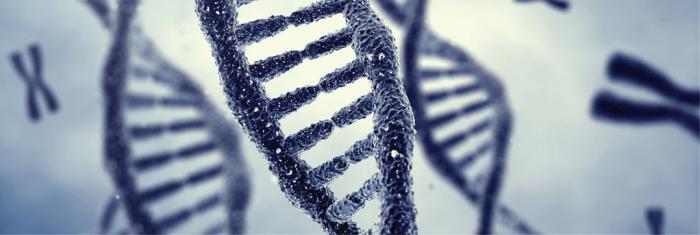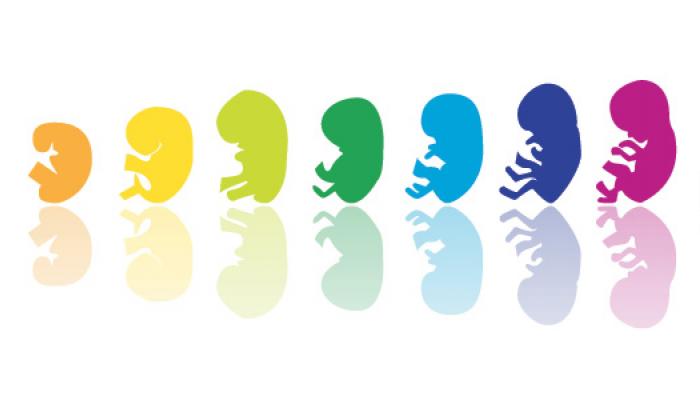
4.26 When does human life begin?
Sexual intercourse can lead to the fertilisation of an egg cell. When this happens, the woman’s egg cell merges with a sperm cell of the man. This is called fertilisation or conception.
At the moment of conception, a new, living human organism comes into existence. It is impossible to point to another moment as marking the beginning of life. This same life gradually grows and develops in the mother’s womb until the baby is born after nine months.
Why must society protect every embryo?
The inalienable right to life of every human individual from the first moment of conception is a constitutive element of civil society and its legislation. When the State does not place its power at the service of the rights of all and in particular of the more vulnerable, including unborn children, the very foundations of a State based on law are undermined. [CCCC 472]
Can experiments be performed on living embryos and embryonic stem cells?
No. Embryos are human beings, because human life begins with the fusion of a sperm cell and an egg.
Regarding embryos as biological material, “producing” them and then “using” their stem cells for purposes of research is absolutely immoral and falls under the commandment “You shall not kill.” Research on adult stem cells is a different matter, since they cannot develop into human beings. Medical interventions on an embryo are justifiable only if they are made with the intention of healing, if the life and unimpaired development of the child are assured, and if the risks involved are not disportionately great. [Youcat 385]
From the time that the ovum is fertilized, a life is begun which is neither that of the father nor the mother; it is rather the life of a new human being with his own growth. It would never be made human if it were not human already. This has always been clear, and modern genetic science offers clear confirmation. It has demonstrated that from the first instant there is established the programme of what this living being will be: a person, this individual person with his characteristic aspects already well determined. Right from fertilization the adventure of a human life begins, and each of its capacities requires time-a rather lengthy time-to find its place and to be in a position to act. [Pope John Paul II, Evangelium Vitae, 60]





